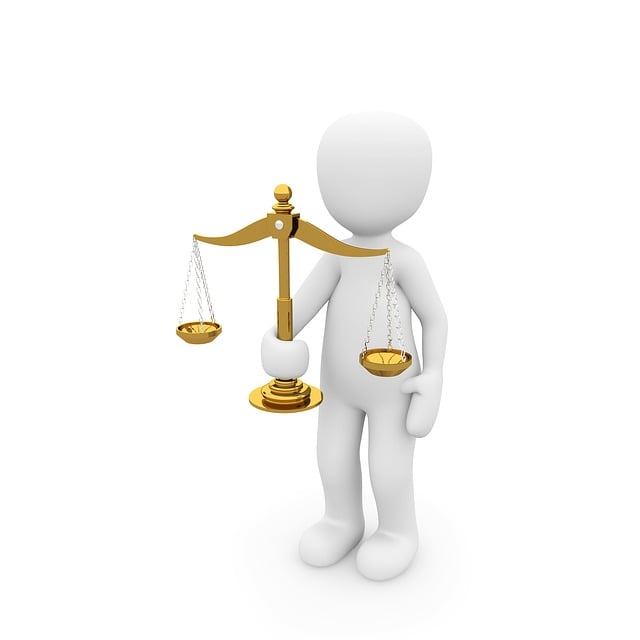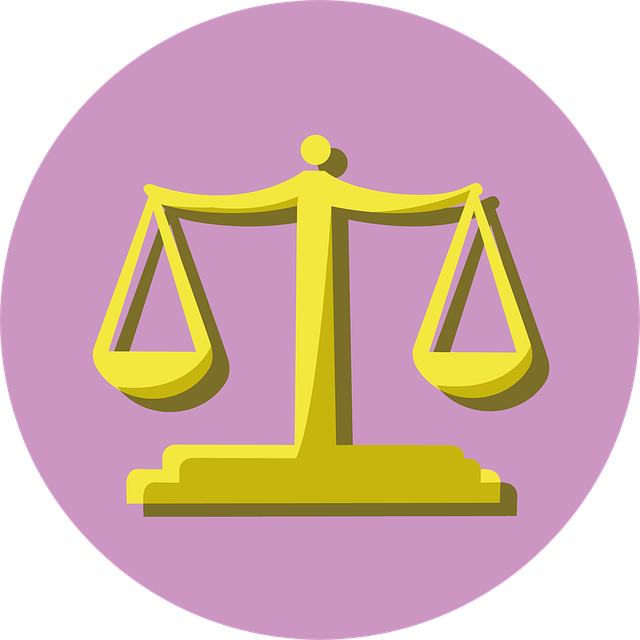Choosing the right attorney involves several key steps. First, define your legal needs, considering case complexity and personal goals. Prioritize attorneys' areas of expertise, track record, communication style, accessibility, and fee structure. Utilize online resources, client reviews, and professional networks for initial screening. These commitment lawyer selection tips ensure a successful partnership based on trust and mutual understanding.
Choosing a lawyer is a crucial step in ensuring justice. This comprehensive guide offers essential attorney selection tips for informed decisions. From understanding your legal needs to evaluating communication skills and fees, each step is designed to help you find the right legal advocate. Researching and screening potential candidates, assessing their expertise and qualifications, and considering availability are all vital aspects of this process. Commit to thorough evaluation for the best fit.
- Understanding Your Legal Needs and Expectations
- Researching and Screening Potential Attorneys
- Evaluating Expertise, Experience, and Qualifications
- Assessing Communication, Availability, and Fees
Understanding Your Legal Needs and Expectations

Understanding your legal needs is a fundamental step in the attorney selection process. Before beginning your search, take time to clearly define the nature and scope of the legal services required. Consider the type of case or legal matter at hand, its complexity, and potential outcome. For instance, if you’re facing a divorce, understanding child custody laws and procedural steps is crucial. Similarly, if you need assistance with drafting a will, knowing estate planning basics can help guide your expectations from an attorney.
Additionally, reflect on your personal goals and priorities. Are you seeking a long-term legal partner for ongoing business advice? Or do you require immediate assistance for a one-time issue? Communicating these expectations to potential attorneys during consultations will ensure compatibility and enable lawyers to provide tailored solutions, aligning their services with your commitment lawyer selection tips.
Researching and Screening Potential Attorneys

When researching and screening potential attorneys, it’s crucial to delve into their areas of expertise and track record. Start by identifying lawyers who specialize in your specific legal need, ensuring they have the commitment and expertise to handle your case effectively. Online resources, bar associations, and professional networks can be invaluable tools for this initial screening process.
Check client reviews and testimonials to gauge past clients’ satisfaction levels. Experience counts, so consider attorneys with a proven history of successful cases similar to yours. Moreover, assess their communication style and accessibility to ensure they align with your expectations for regular updates and open dialogue throughout the legal journey.
Evaluating Expertise, Experience, and Qualifications

When evaluating a lawyer for your legal needs, one of the most crucial aspects is assessing their expertise, experience, and qualifications. This is a vital step in ensuring you receive competent representation tailored to your case. Start by examining their area of specialization within the law. Different lawyers excel in various fields, such as criminal defense, family law, corporate matters, or personal injury. Selecting an attorney with demonstrated proficiency in your specific legal issue is a strong indicator of their ability to navigate your case effectively.
Furthermore, consider their experience handling similar cases. An experienced lawyer will have encountered diverse scenarios and developed a keen understanding of potential outcomes and strategies. Look for practitioners who have a proven track record of success in court or through alternative dispute resolution methods. Their past achievements can offer valuable insights into their commitment to delivering the best possible results based on your unique circumstances, ultimately enhancing your attorney selection tips.
Assessing Communication, Availability, and Fees

When assessing potential lawyers for your legal needs, effective communication is a cornerstone of successful attorney-client relationships. Look for attorneys who are clear, concise, and actively listen to your concerns and questions. A good lawyer should be able to explain complex legal concepts in simple terms, ensuring you fully understand the case strategy and potential outcomes. This open line of communication fosters trust and allows for informed decision-making.
Another vital aspect is considering the attorney’s availability and responsiveness. Legal matters can be urgent, so choose a lawyer who is readily accessible and committed to promptly addressing your needs. Check their typical response time for calls or emails and assess if they offer after-hours support. Additionally, understanding their fee structure is essential. Lawyers may charge differently based on factors like experience, complexity of the case, and geographical location. Compare fees and ensure you are clear on all associated costs as part of your lawyer selection tips to make an informed decision that aligns with your budget.














